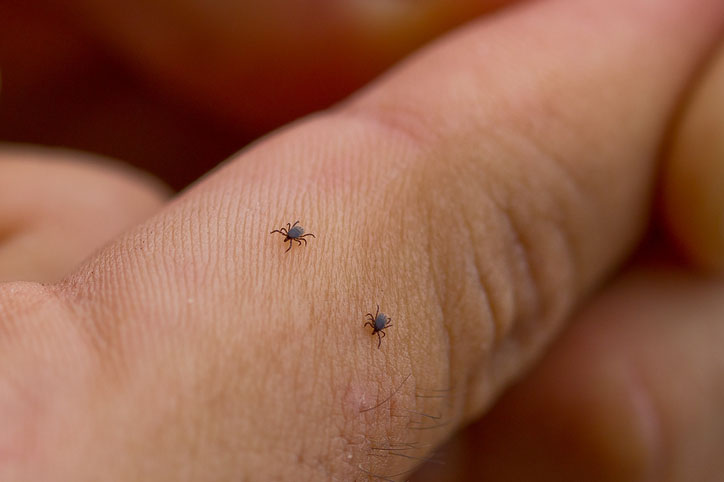Disorders Involving Cell-mediated Immunity (Type IV Reactions) in Cats
- Immune Disorders of Cats
- The Immune System of Cats
- Disorders Involving Anaphylactic Reactions (Type I Reactions, Atopy) in Cats
- Disorders Involving Cytotoxic Antibodies (Type II Reactions) in Cats
- Disorders Involving Immune Complexes (Type III Reactions) in Cats
- Disorders Involving Cell-mediated Immunity (Type IV Reactions) in Cats
- Immune-deficiency Diseases in Cats
- Immune System Tumors in Cats
- Gammopathies in Cats
Also see professional content regarding type IV reactions.
This type of reaction occurs when specific types of white blood cells (called T helper cells) respond to antigens and release toxic and inflammatory substances that can damage tissues. Cell-mediated immune reactions can occur in any organ. Treatment usually involves the use of anti-inflammatory drugs and drugs that suppress the immune system, either alone or in combination.
Granulomatous Reactions
Granulomatous reactions are masses of fibrous connective tissue infiltrated by the white blood cells that form a cell-mediated immune response. The feline infectious peritonitis virus and some bacteria and fungi may trigger these reactions in cats. These reactions may be due to long-lasting cell-mediated immune reactions. Although cell-mediated immune responses effectively fight off these infections in most cats, in a few animals the immune response is only partially effective and results in the mass at the site of infection.
- Immune Disorders of Cats
- The Immune System of Cats
- Disorders Involving Anaphylactic Reactions (Type I Reactions, Atopy) in Cats
- Disorders Involving Cytotoxic Antibodies (Type II Reactions) in Cats
- Disorders Involving Immune Complexes (Type III Reactions) in Cats
- Disorders Involving Cell-mediated Immunity (Type IV Reactions) in Cats
- Immune-deficiency Diseases in Cats
- Immune System Tumors in Cats
- Gammopathies in Cats





